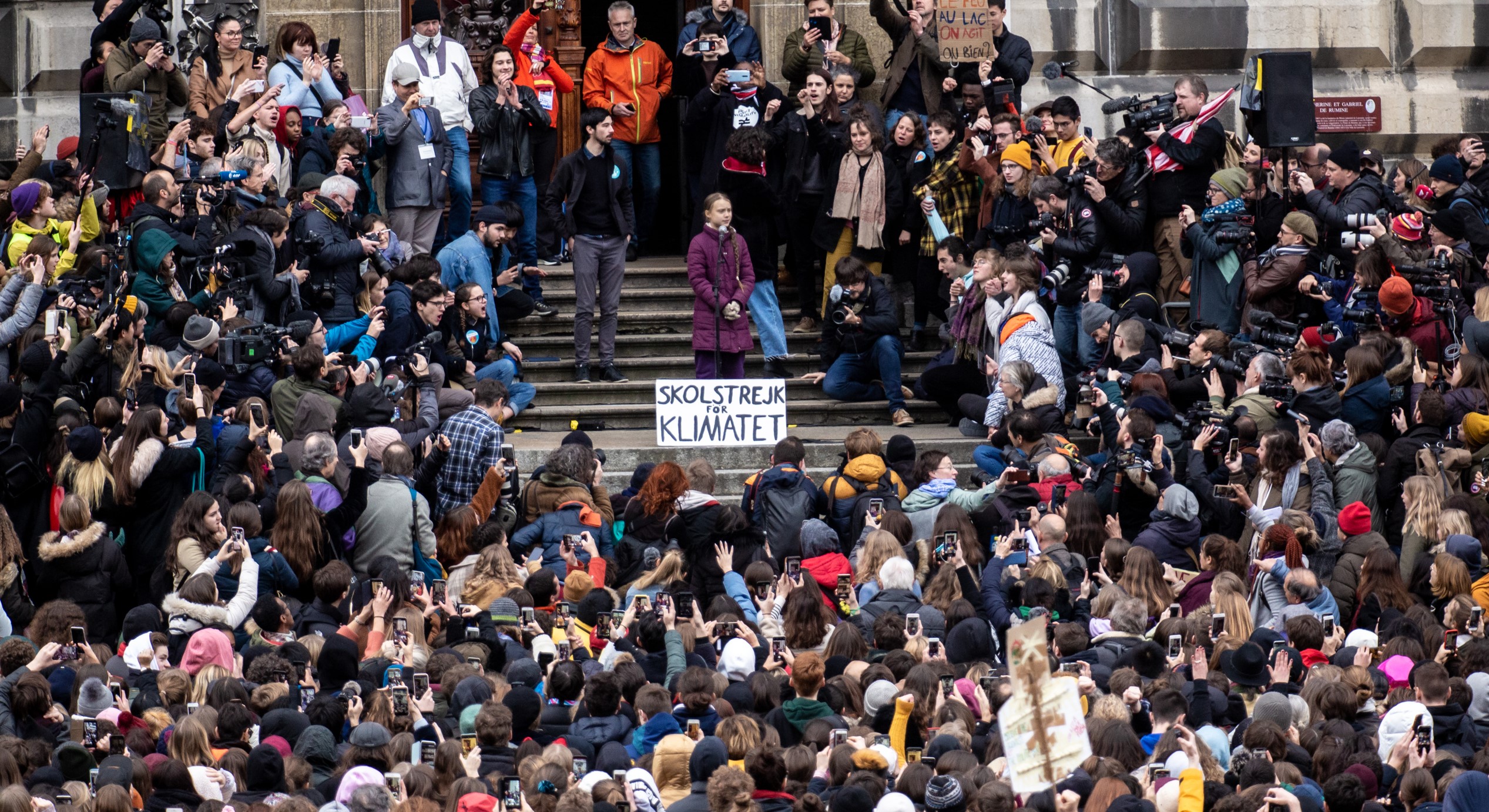

The Burden of Yesterday: Future Generations and the Climate Crisis - Oumaima CHAAOURI
The result of two decades of industrialization, free trade, privatization, globalization, and environmental negligence was the exacerbation of inequality both between rich and poor on the one hand and developed and developing countries on the other. Contrary to popular belief, this global economic boom has worsened many countries' situations, as the wealthy have grown wealthier, and the poor have become poorer. Unfortunately, the largest economies in the world, which share the greatest responsibility for environmental degradation, expend great efforts in pursuit of the world's natural resources to increase their wealth, causing the vast majority of developing states to fail to provide their populations with basic needs in the form of health, financial safety, and food security. According to Stuart L. Hart, "the poorest countries in the world have had zero or negative economic growth since the early 1980's" (Stuart L. Hart, xxxiii).
In addition to widening the gap between the North and the South, this industrialization process has brought new threats to the surface. Population growth coupled with the climate change issue, loss of biological diversity, pollution, global warming, the rise of CO2 levels in the atmosphere, and the overconsumption and abuse of natural resources has become an atomic bomb for future generations that will inevitably explode—if business as usual prevails—and put an end to any semblance of peace and security for humanity as a whole.
Though much of the world suffers and experiences the effects of climate change and environmental collapse, what future generations ought to endure will be much more severe. The global economy is rapidly growing and becoming highly unequal in terms of income distribution. People are still struggling for food and shelter because of increasing wars (Gaza, Ukraine, Iraq, Syria…) and pandemics. At least 1 billion people are living under the abject poverty line, lacking subsistence-level amenities, and dying every day because of “insufficient nutrition, lack of health care, unsafe shelter, and the lack of safe drinking water and sanitation” (Jeffrey D. Sachs 2). In this highly alarming situation, scientists, environmentalists, and international organizations like the UN have played a crucial role in setting a new agenda based on the concept of “No one left behind” via the Sustainable Development Goals (SDGs) or 2030 UN Agenda, a set of 17 goals to be achieved by 2030.
Nine years since their adoption to mitigate ecological threats and promote peace and security in the world, the question is, are these SDGs helping to reduce environmental calamity? Will these SDGs help future generations meet their own needs? Can we manage to save our endangered ecosystem – which is the main provider of the food we eat, the water we drink, and the energy we consume? With six years left to achieve the UN 2030 Agenda, the question is, is it really “No One Left Behind”? To this end, it is the collective responsibility of corporations and individuals to manage threats of further environmental decay and to create a more sustainable world. As a former member of the House of Lords of the United Kingdom, Jonathon Sacks claims in his famous book The Dignity of Difference:
“Campaigns against corporations have led them to take greater care that their goods are not produced under unacceptable working conditions for starvation wages. All of us, by the decisions we make about how we live, work, travel, and consume, help shape an environment. To think and act morally, to do what is right because it is right, influence others; it begins to create a climate of opinion; good like evil, is infectious. We do not have to accept the unacceptable. The only thing that makes social or economic trends inevitable is the belief that they are. The unfolding drama of the 21st Century is one of which we are the co-writers of the script.”
That is why we, the current generations are sick of conferences “full of talk with zero walk” that fail to meet the climate crisis we are burdened with, as we keep seeing the same scenario of global leaders just giving some “fancy speeches” to keep “the status quo” while “drowning into their greenwash and empty words.” In the final analysis, parts of the activist Gretta Thunberg's claims are true because world leaders have been aware of the climate crisis for so long, and since then, no drastic change has been achieved. We still face the same threat of extinction as years ago, the threat of extinction because of environmental breakdown and climate change.
Recent publications

